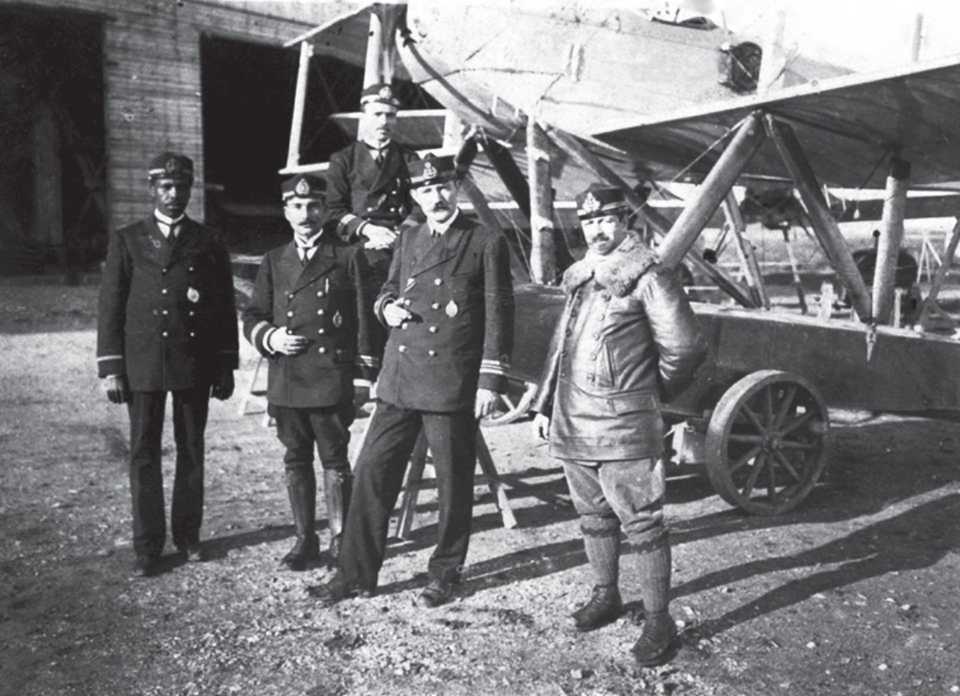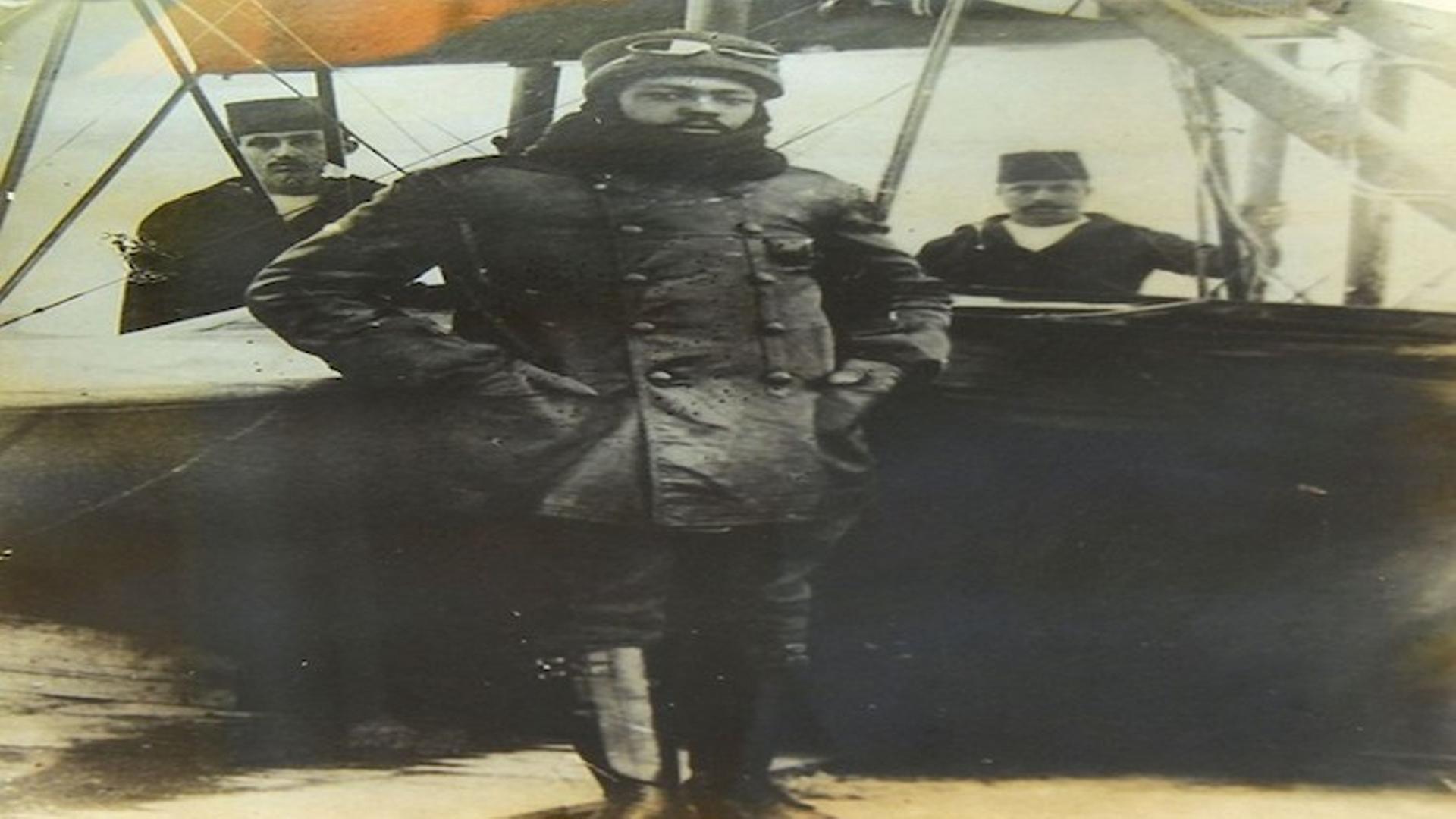Who was the first ever black pilot? Many historians argue that it’s either an Ottoman military officer Ahmet Ali Celikten or an American aviation graduate Eugene Jacques Bullard.
Bullard and Celikten are believed to be peers, who both graduated from Bristol Flying School in the UK. While Celikten graduated in 1915, Bullard’s year of graduation is not known, but many Turkish historians argue he also completed his degree around the same time. Bullard however couldn’t fulfill his desire of participating in World War I as a fighter pilot because of the discrimination laws against the Americans of colour. Since he couldn’t fly for at least two years, he proceeded to France and became a foot soldier for the French Foreign Legion.
Contrary to Bullard’s experience, Ahmet Ali Celikten had a smooth start. The Ottoman Empire recruited him to its air force soon after he graduated from the flying school.

Born in 1883 in Turkey’s Aydin province, Celikten was the grandson of a woman who was brought to Istanbul by slave traders from Borno Emirate. Many Ottoman historians have argued that Celikten’s grandmother was perhaps one of the last slaves to be brought as the Ottoman government officially prohibited slave trade by the mid-19th Century. In 1847, Sultan Abdul Majid enacted a law closing the slave trade centre in Istanbul’s iconic Grand Bazar.
Celikten’s mother Lady Emine was born in Istanbul as a free woman. Emine married an African man named Mister Ali, who as per many historical accounts, worked in Istanbul as a postman. The couple eventually settled in Izmir.
According to Tugrul Oguzhan Yilmaz, a research fellow at the Association of Researchers on Africa, Emine gave birth to three children, including Celikten. He went to primary school in Izmir. During his childhood days, he spent a lot of time in the sea. As he came of age, he received an admission at Haddehane School in 1904, where the Ottoman navy trained its new recruits. He graduated four years later and joined the Ottoman Army as lieutenant with the registration number 1394.
Celikten’s interest soon gravitated towards aviation, as many countries were spending heavily on developing both the commercial and military airline sectors. Following the initiatives of famous Ottoman military general Mahmut Sevket Pasha, many officers were sent abroad to get education in aviation. After finishing aviation training, most officers were recruited by the state. Celikten was one of them.
By 1915 he received his flying certificate. A year later he passed the flying test and joined the Ottoman air force.
During World War I, Celikten lost his brother Ali Effendi, who served as a soldier in the Ottoman army and gallantly fought the allied forces in the famous Dardannells War, also known as the Gallipoli campaign.
In between, he went to Berlin to study naval aviation. He returned to Turkey in 1918. Around the same time the Ottoman Empire withdrew from World War I and the Allied powers seized Turkish aircrafts. As the Entente states placed a ban on Turkish flights, the Ottoman military had by then turned into freedom fighters, launching the Turkish War of Independence from Anatolia. Celikten was quick to join the nationalist movement.
“Ahmet Ali Celikten attended to Turkish national struggle following the orders of Mustafa Kemal Pasha and was sent to Konya in order to work in Konya Aircraft Station. Because of this, legal actions were taken to prevent Ahmet Ali Celikten and his salary was stopped,” said Yilmaz, the researcher at the Association of Researchers on Africa.
He soon became the commander of aviation troops, first in Eskisehir province and later in Polatli. He smuggled three aircrafts from Istanbul to Amasra. Celikten and his friends organised aerial defence and protected naval operations by reporting enemy forces who were passing through Istanbul’s Bosphorus Channel to the Western Black Sea.
As the Turkish resistance became successful in establishing modern-day Turkey, driving invaders out of its cities, Celikten went back to Izmir.
In Izmir, Yilmaz says, he once intercepted a Greek aircraft, destroying it in Turkish airspace. In 1928, he was promoted to the post of Air Counsellor and awarded the prestigious ‘Yellow Naval Aircraft Medal’.
After serving the Ottoman Empire for 12 years and its successor state the Turkish Republic for 29 years, Celikten passed away in 1969. He’s still remembered as a brave and honest air force commander, who devoted all his life to the welfare of Turkey.










Discussion about this post